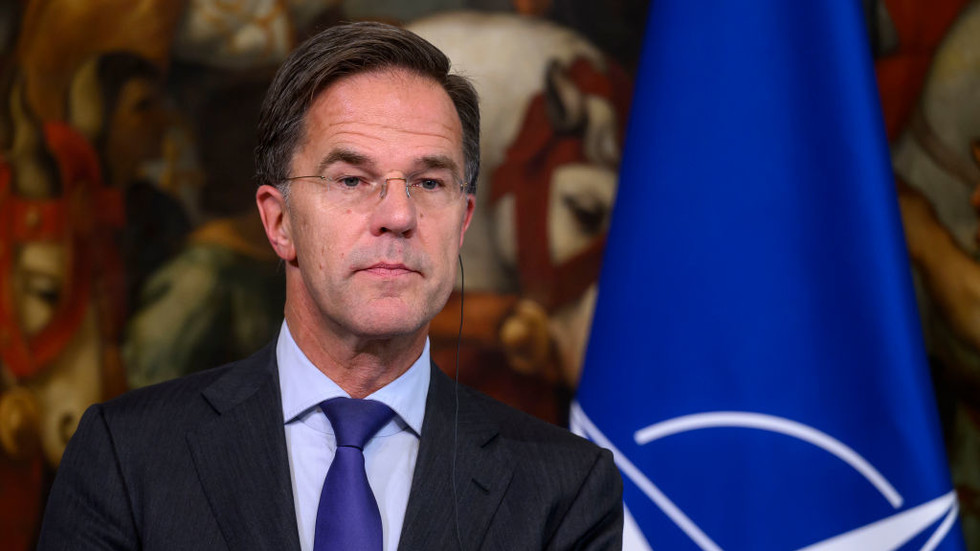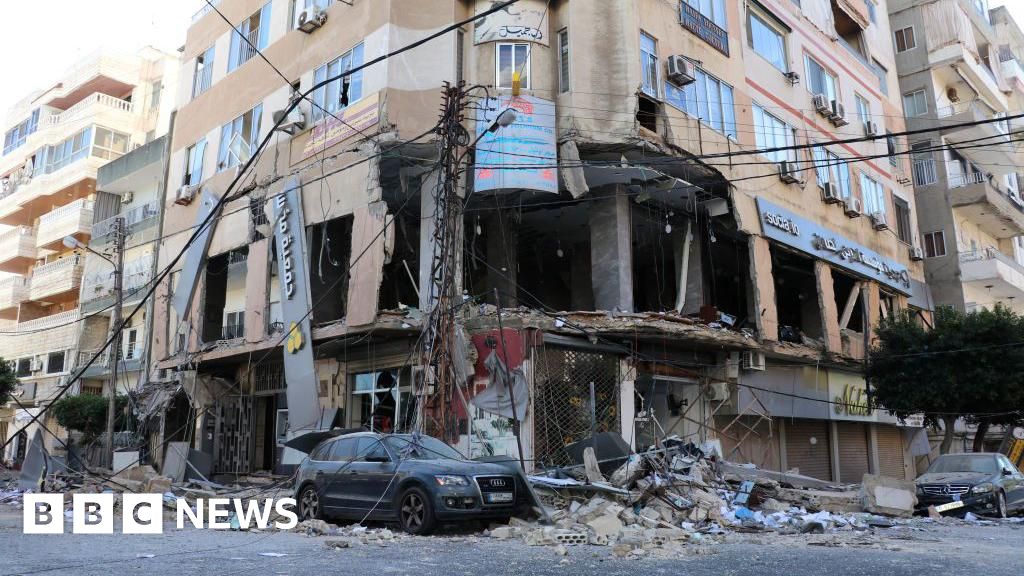Thousands, including Georgia's Prime Minister, marched in Tbilisi to celebrate Family Purity Day, highlighting traditional values amid rising tensions over LGBTQ+ rights and controversial new laws.
Tens of thousands of people, including Prime Minister Irakli Kobakhidze, marched through Tbilisi on Friday to celebrate the Day of Family Purity, a holiday established by the Georgian Orthodox Church in 2013 to promote traditional family values.
The march, coinciding with the International Day Against Homophobia, Transphobia, and Biphobia, highlighted the country's deep divisions over LGBTQ+ rights.
Participants in the procession carried icons and wore traditional costumes as they made their way to the Holy Trinity Cathedral.
Family Purity and anti-LGBTQ+ rhetoric
Prime Minister Kobakhidze and parliamentary Speaker Shalva Papuashvili praised the event for upholding Georgia's identity, language, and faith.
"Our ancestors defended it in battles throughout the years and centuries, and it is our obligation to defend it as well," said march participant Rusudan Tabatadze.
The event comes amid heightened tensions over LGBTQ+ issues in Georgia. In March, the ruling Georgian Dream Party introduced a bill restricting LGBTQ+ rights, including prohibitions on sex changes, same-sex couple adoptions, and public gatherings deemed to promote same-sex relationships.
Additionally, Georgian Dream has pushed through a controversial "foreign agent" bill requiring media outlets and NGOs receiving more than 20% of their funding from abroad to register as foreign agents.
Critics, including President Salome Zourabichvili, argue that the bill, reminiscent of Russian legislation, threatens Georgia's EU aspirations and stifles dissent.
Georgia's President uses veto power
Recent protests against the foreign agent bill have been met with violent crackdowns by authorities, polarising the political atmosphere of the small Black-Sea nation.
The bill's opponents refer to it as "the Russian law" and fear it will hinder Georgia's path towards Euro-Atlantic integration.
Georgia’s president on Saturday vetoed the so-called “Russian law” targeting media that has sparked weeks of mass protests.
The law would require media and NGOs to register as “pursuing the interests of a foreign power” if they receive more than 20% of their funding from abroad.
President Salome Zourabichvili said earlier in the week that she considered the law “unacceptable.”
Despite President Zourabichvili's vow to veto the legislation, Georgian Dream's parliamentary majority could override the veto.
This come as tensions flared again on Friday as supporters of Georgian Dream clashed with protesters outside Tbilisi State University.
The demonstrators were opposing the foreign agent law and waiting for Prime Minister Kobakhidze, who teaches at the university.
The confrontation highlighted the deepening divide in Georgian society over issues of governance, media freedom, and LGBTQ+ rights.

 5 months ago
30
5 months ago
30







